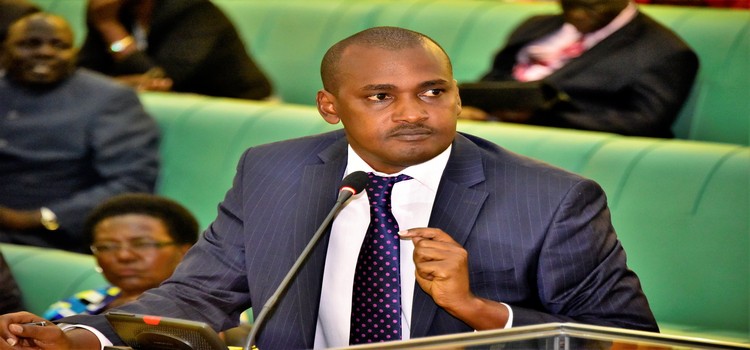
Speaker Rebecca Kadaga has accepted an offer to meet telecom companies and Uganda Communications Commission (UCC) over the controversial move to ban airtime scratch cards.
The acceptance ended a nearly two-hour standoff in the House, after MPs had disagreed with the ICT Minister Frank Tumwebaze over the proposal.
“We shall have the meeting with telecom companies so that we get what we can explain to our constituents; I think we both need each other on this matter,” said Kadaga.
MP Paul Akamba (IND, Busiki) raised the issue of the impending ban on airtime scratch cards as a question for oral answer to Minister Tumwebaze.
Akamba said his voters were concerned about adverts announcing the impending ban.
Tumwebaze, in his response, found no fault in the proposed ban.
“UCC and the security agencies recommended to Government that vending of airtime cards was directly linked to the selling of illegally registered SIM cards and would facilitate airtime recharge and top-ups manually without any digital tracing,” said Tumwebaze in his response.
The Minister listed seven advantages of the proposed ban, saying it will, among others, “create more opportunities through formalized distribution [of scratch cards]”.
MPs would have none of that.
“We should also know that we come from villages; if we have reached here and our status has improved, let us not forget where we come from,” said MP Lily Adong (IND, Nwoya), who is opposed to the move.
MP Jesca Ababiku (NRM, Adjumani) criticised Tumwebaze for suggesting that banning scratch cards would contribute to the fight against criminality.
“We believe the cards have serial numbers. Why is it difficult for government to trace suspicious users using the serial numbers?” said Ababiku.
In the ban initially proposed for August 2018, MP Cecilia Ogwal (FDC, Dokolo) saw a scheme by telecom companies to drive airtime vendors out of business.
The session, whose date is yet to be announced, is pitched around being an interactive session between the operators and MPs to exhaust frequently asked questions about the move, which has caused jitters in the countryside.
Kadaga cautioned government against the hurried attempt at digital migration, which she said has the potential of disrupting local Ugandans.
“We agree that technology is there to change, but it has to change together with the people,” said Kadaga.
